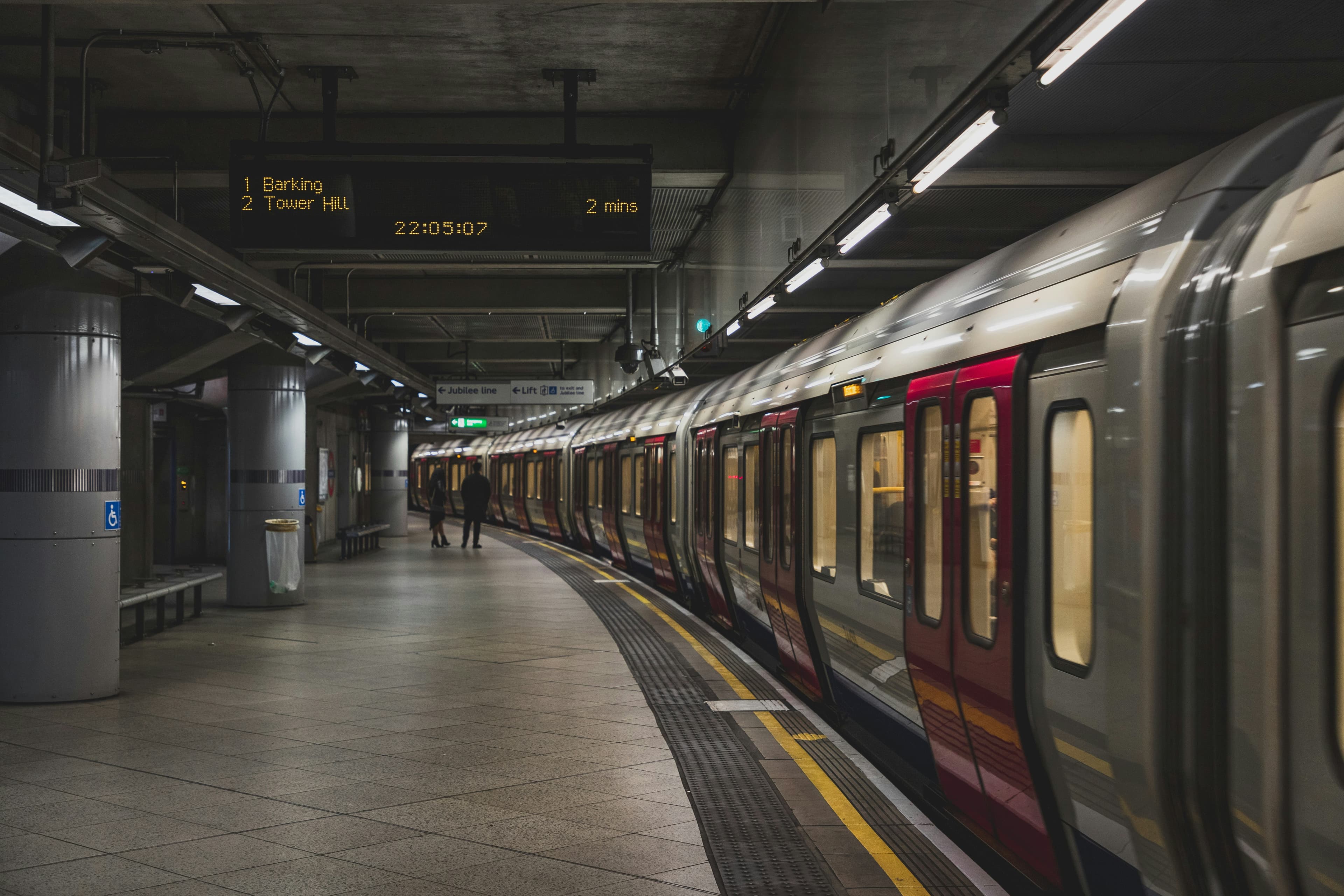
Decarbonize metro operations by adopting renewable energy
 Motiva Trilhos
Motiva Trilhos CEBDS
CEBDSSummary
Reduced metro emissions by adopting renewable energy, achieving cost savings and fully offsetting electricity-related CO2 for key rail lines.
Context
In 2025, Motiva Trilhos (São Paulo lines 4, 5, 8, and 9) set a milestone in the metro-rail sector by adopting clean and renewable energy. This pioneering initiative reduces emissions and reinforces its sustainability strategy, with a goal of neutralizing scope 1 and 2 emissions by 2035 and a SBTi goal of reducing scopes 1 and 2 emissions by 59%
Location of the initiative: São Paulo, Brazil
Solution
The initiative involved a strategic partnership with a wind farm to supply renewable electricity, enabling self-production of 385,440 MWh in 2025 and reducing 16,227 tCO2e. Long-term contracts were established to secure a stable energy supply, while optimized consumption management and strategic energy planning helped reduce peak demand and improve efficiency. Technical and operational adjustments were made, and monitoring systems were integrated to track energy use and CO2 reductions. This approach also delivered an estimated 15% savings in overall energy costs, demonstrating both environmental and operational benefits.
Impact
Sustainability impact
Climate
The initiative directly reduced scope 2 emissions by fully switching to renewable electricity for the metro-rail lines. In 2025, self-produced renewable energy supplied 385,440 MWh, neutralizing 16,227 tCO₂e. This represents a substantial step toward the company’s broader target of neutralizing scope 1 and 2 emissions by 2035 and achieving a 59% reduction in these emissions, demonstrating significant GHG impact and providing a replicable model for high-energy operations.
Business impact
Benefits
The initiative is projected to deliver a 15% reduction in overall energy costs, while reinforcing the company’s leadership in sustainability and operational excellence.
Costs
Projected to deliver a 15% reduction in overall energy costs.
Implementation
Approach
Formed a partnership with Neoenergia for self-production of renewable energy at the Oitis Wind Farm (PI) to meet metro-rail energy demand
Established long-term contracts to ensure a stable energy supply
Optimized energy consumption across operations to improve efficiency
Made additional renewable energy acquisitions on the free market as needed
Conducted strategic energy planning to align supply with demand
Implemented technical and operational adjustments to integrate renewable energy
Integrated monitoring systems to track energy use and CO2 reductions
Stakeholders involved
Motiva Trilhos – The metro-rail operator implementing the initiative and responsible for energy management and sustainability goals.
Neoenergia – The renewable energy producer partnering for self-production at the Oitis Wind Farm.
Oitis Wind Farm (PI) – The energy generation site supplying renewable electricity.
Metro-Rail Lines 4, 5, 8, and 9 – The operational units directly benefiting from the renewable energy supply.